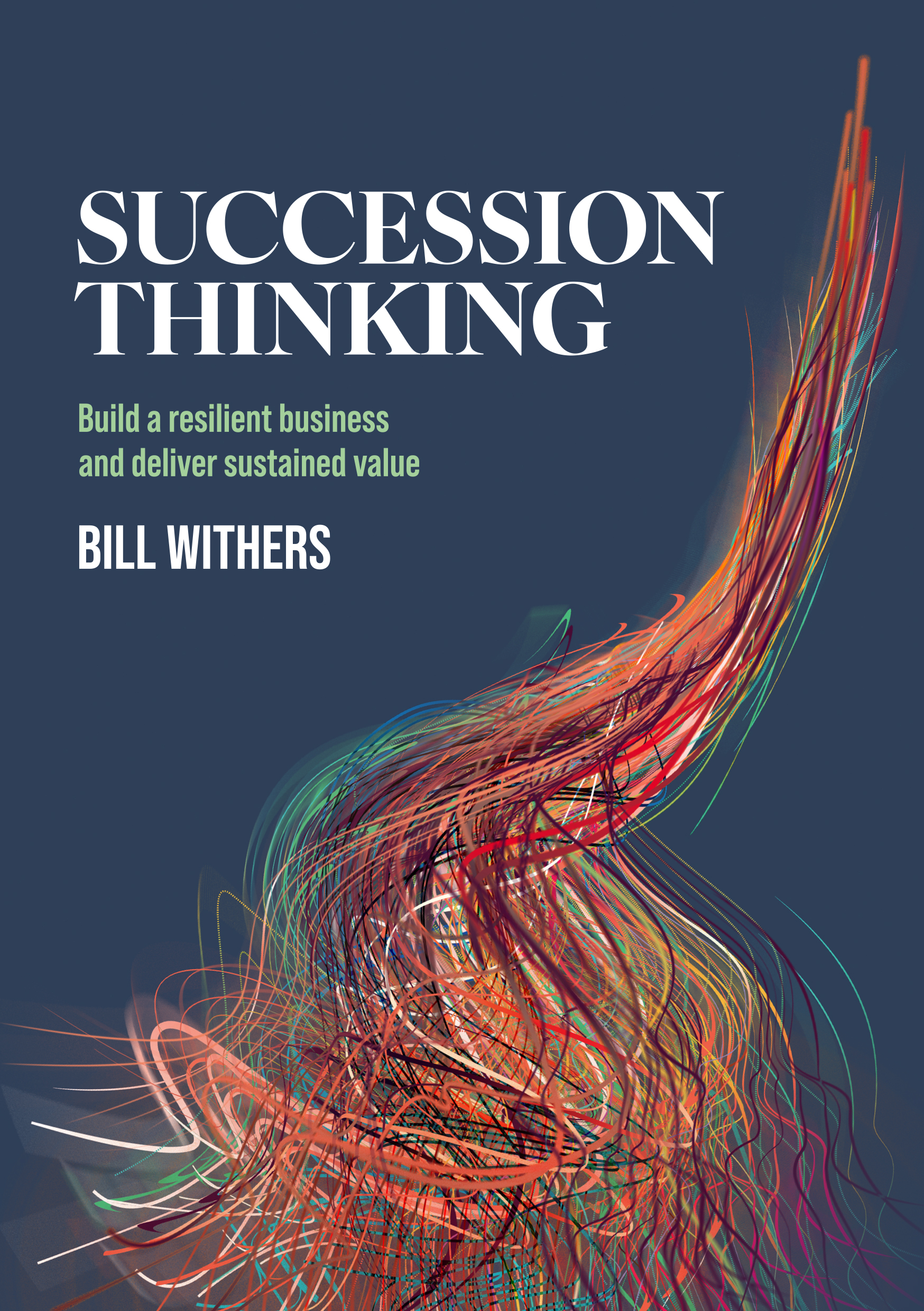Succession Thinking and The Risk in Owner-Leader Businesses

Succession Thinking and The Risk in Owner-Leader Businesses - Bill Withers
The more resilience you build into your business, the more you are reducing risks for any potential buyer – this will be valued. If you are going to seek investor capital or are looking to sell your business in the future, it’s wise to think about what impacts valuations.
The following are common risks associated with the purchase of a business:
- Financial risks: Potential buyers will thoroughly examine the financial statements of your business to ensure it has a sound financial foundation.
- Legal risk: It’s important to review all contracts and legal documents related to your business.
- Market risk: Potential buyers will do a thorough analysis of your market and industry to assess the potential risks and opportunities.
- Operational risk: This is the risk that the business’s operations could fail due to factors such as lack of skilled employees, inadequate systems and processes, or insufficient inventory.
- Reputational risk: A business’s reputation is a critical asset and any negative publicity or reviews can significantly impact the value of the business.
- Personnel risk: When you buy a business you also inherit its employees, and if key employees leave, the business’s operations could be severely impacted. It’s important to assess employee turnover rate, satisfaction and succession.
However, this does not acknowledge a number of other risks. Owner-Leader risk and a combination of the following can impact a business if the Owner-Leaders have been central to everything and they are no longer participating: leadership acumen; technical and product market knowledge; customer relationships; cultural and team member relationships.
It’s common for the Owner-Leader to be asked to stay for a period to reduce these risks. This works because, as the previous owner, they are now operating inside a business with a totally different vision and value set. The solutions for these risks need to be found over the lead-up years before the sale, another product of succession thinking.
When you invest in succession thinking, you’ll build capability to mitigate these risks. If your aspiration is to build for the long term and then sell your business, you’ll drive a higher valuation.
Another important point to make is that life events can happen to anyone. If there is a tragedy in your family, this can have a big impact on your aspirations for the business. Having your business in a form that is ready for sale and being prepared for the due diligence is wise. When you apply succession thinking, you are ready for anything – including a sale.
You might be thinking that external buyers have other motivations for why a business is valuable to them, like market synergies or product integration. You might also think that they have their own way, so will they value yours? In most cases, they’re buying a business they want the people to stay in. If your Business Way can be handed over, this mitigates many relationship risks.
You might struggle to give this any priority now. Let me provide a formula that proves it will take a lot of thinking over a long time. In talking to an Owner-Leader about the sale of her business, she seemed a bit impatient about the work she had to do. I said, ‘Can you please tell me about how much effort you put into the last sale you made in your business?’ She said, ‘Two weeks for a $100,000 order.’ I said, ‘Give me an approximate figure of how much the business could sell for.’ She said, ‘$5 million.’ I said, ‘So would it not make sense that you spend 50 ($5 million ÷ $50,000) times two weeks, so 100 weeks, on the sale of your business?’
Selling a business is a once-in-a-lifetime decision for many Owner-Leaders so you want to do it as well as possible. Succession thinkers may never want to sell but are always prepared.
About the author
Bill Withers
I discovered succession thinking by being an SME Owner-Leader from 1987 to 2023. Three different SMEs with different visions and purposes made up this 36 year journey. Each business was integral in the discovery and funding of its successor. The long term nature of value creation and the understanding about the importance of distributing leadership and decision rights were discovered here. Investing in culture and people is essential to long term success.
Tags: business owner small business tips










